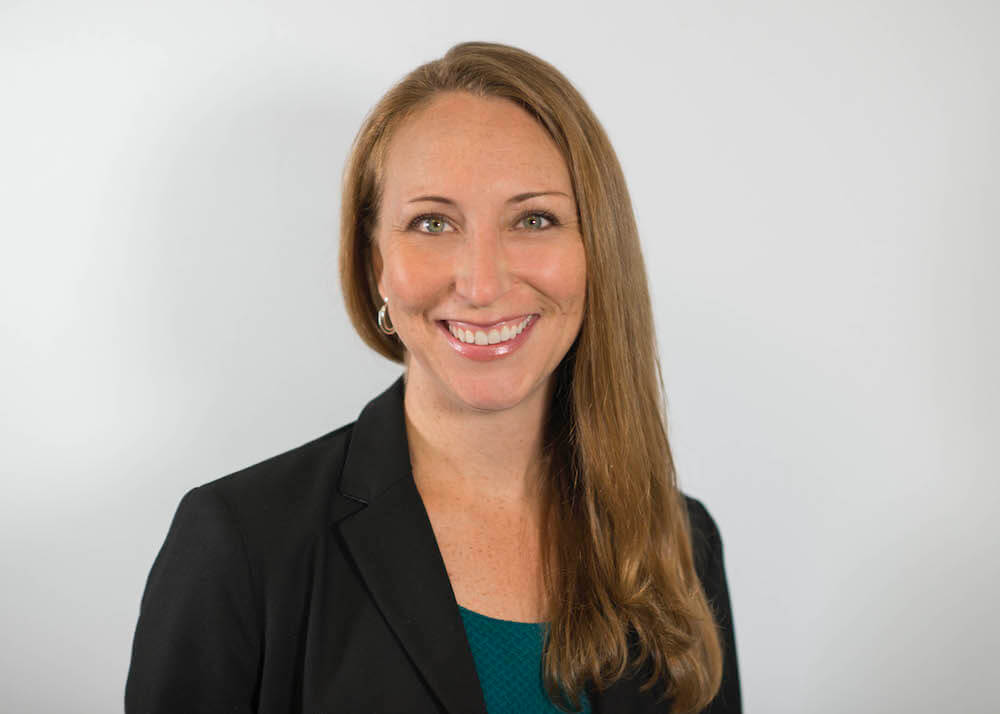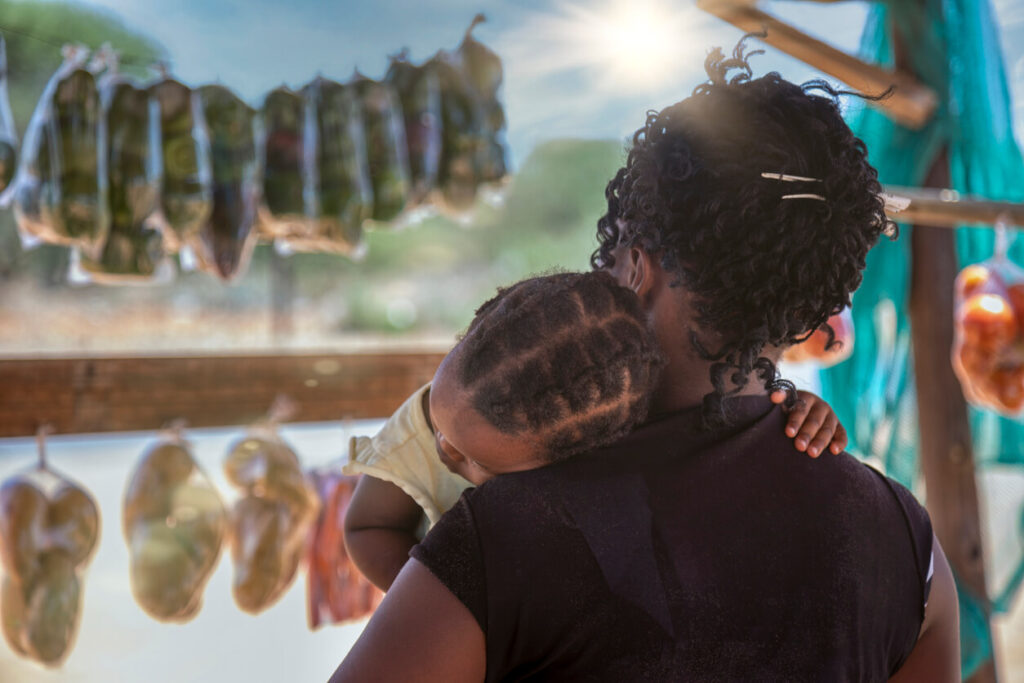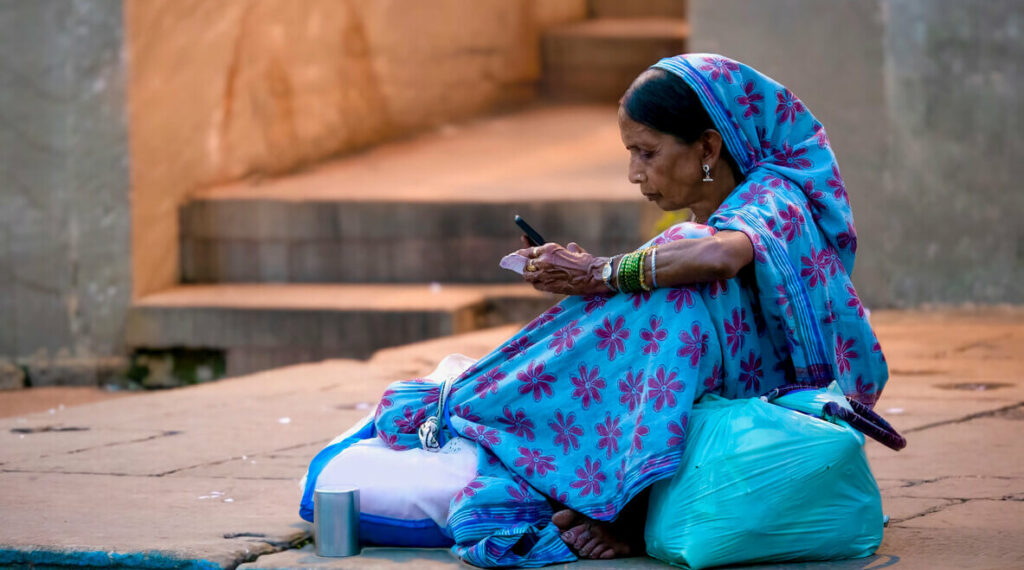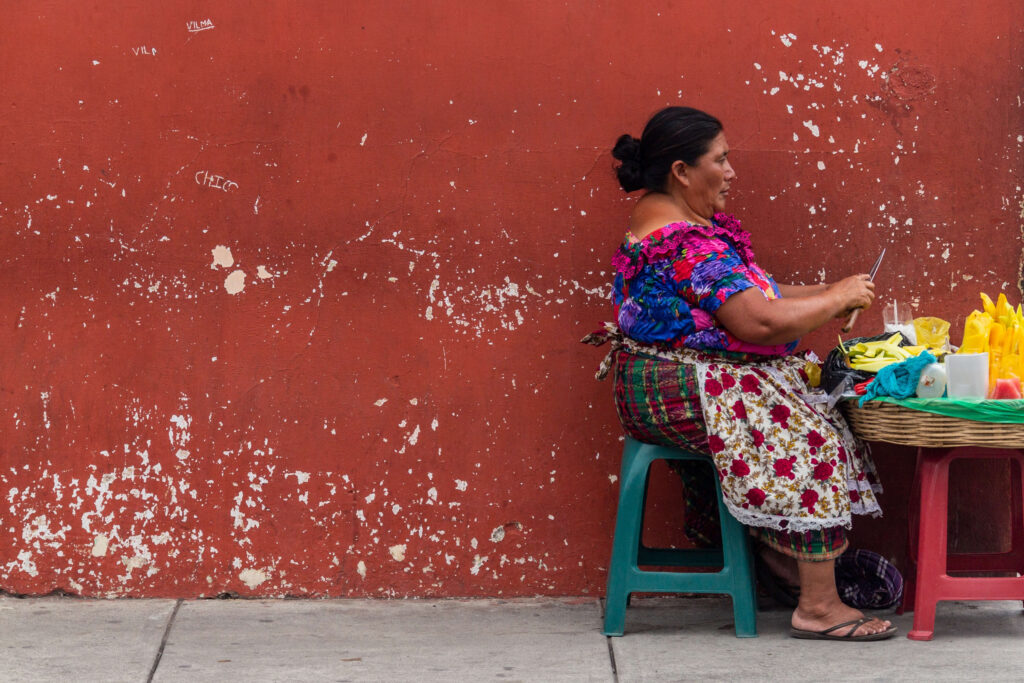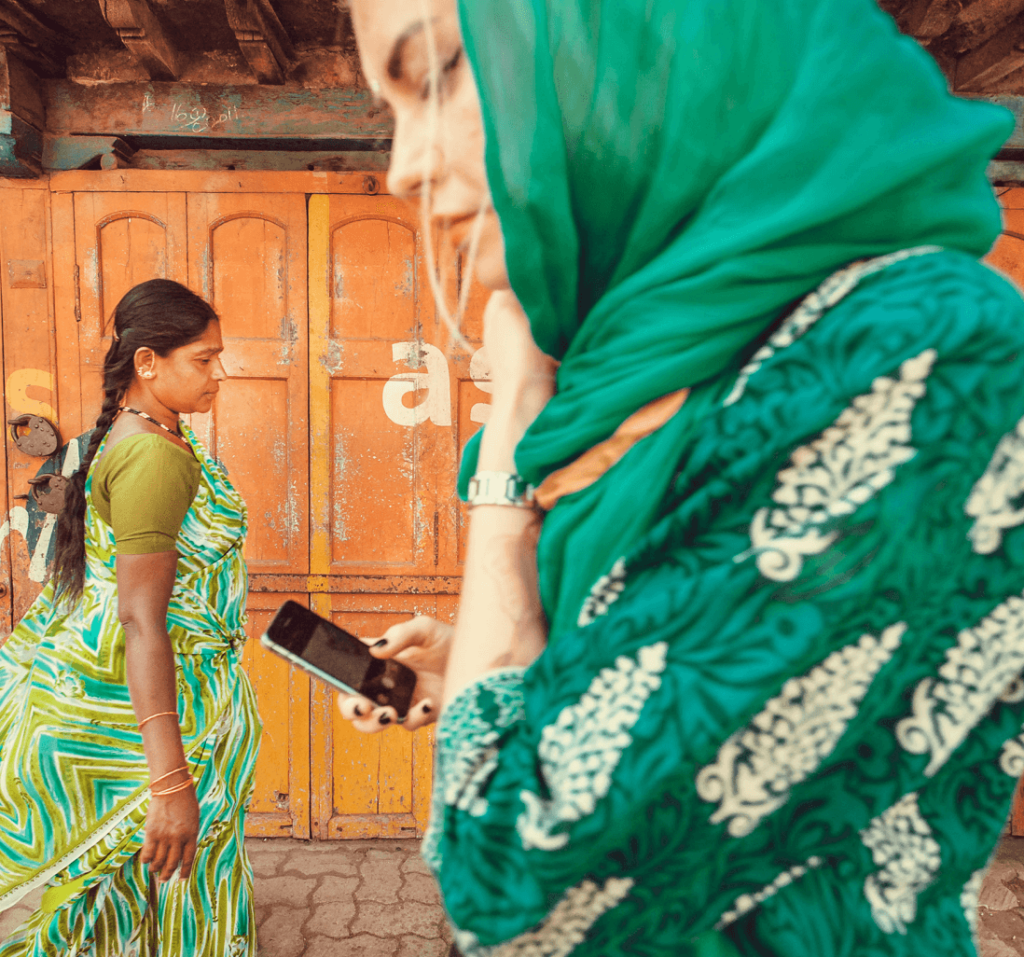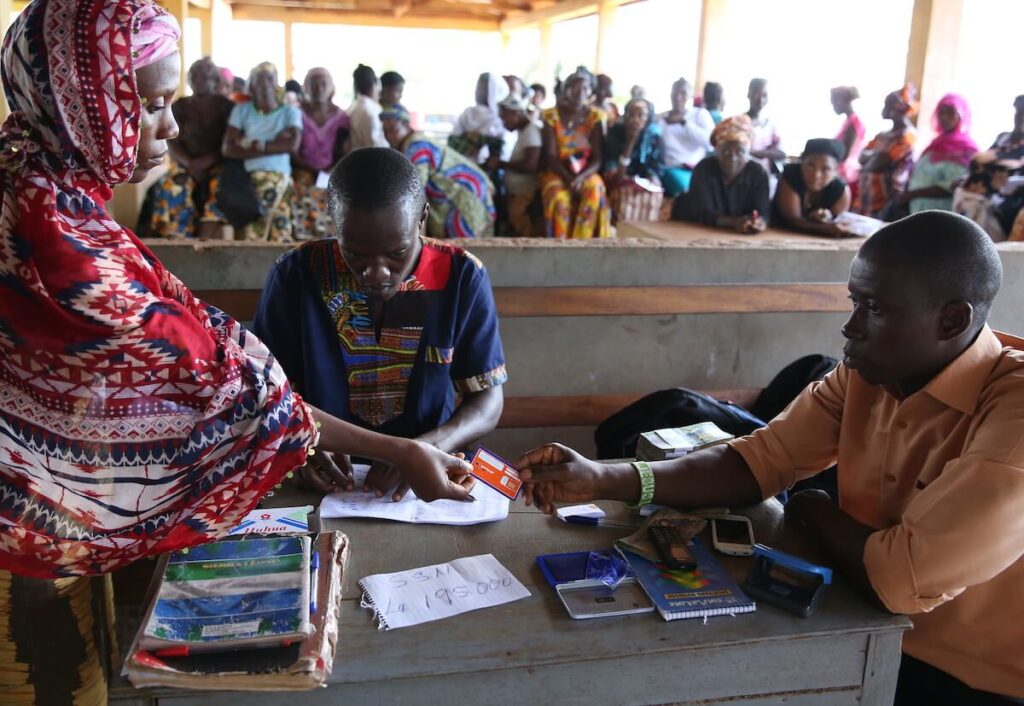
Two days ago, we met Carla, a woman in Tanzania with limited access to financial products that could help her save, plan, borrow, and make and receive payments. Now imagine that Carla’s husband became ill with COVID-19 and the market where she normally sells her vegetables has been shuttered by lockdowns to prevent spreading the virus. The family’s income has completely dried up. Carla is eligible for a government program which deposits funds directly into a mobile money account, but Carla has never used mobile money and is completely unfamiliar with the family’s new smartphone that’s registered in her husband’s name. This scenario is playing out around the world for many of the 1.1 billion first-time recipients of cash transfer payments in response to COVID-19. Who will help Carla figure out how to access the funds? Where can she go for help?
COVID-19 and its overwhelming impact on the health and livelihoods of people around the world has been the defining issue of 2020. Unexpected and unparalleled, the pandemic has been particularly devastating for low-income people already living on the brink of poverty. The World Bank estimates that COVID-19 is likely to push between 88 and 115 million people into extreme poverty, reversing the poverty reduction trend of recent decades.
With this new wave of economic uncertainty, governments have been quick to adopt cash transfer programs to help people cope with the impact of the pandemic. The World Bank reports that 340 cash transfer programs in 158 countries were initiated in response to COVID-19. Of those, 65 programs in 43 countries are new initiatives which are introducing benefits to 1.1 billion first-time cash transfer recipients.
The scale and speed at which these programs have been created and disbursed is unprecedented and has required governments to adapt their processes to get the funds out the door quickly and efficiently. Many have turned to digital channels. On the one hand, this presents an opportunity for onboarding customers to the digital finance ecosystem. On the other, it poses significant challenges for customers who are unfamiliar with the system that stands between them and the funds that they desperately need during these challenging times. If something goes wrong when trying to access the funds, whom can they turn to? If they can’t locate any cash-out locations due to lockdowns, how can they access the funds? If someone thinks they are eligible but has not been enrolled, whom do they contact?
During the course of Financial Inclusion Week, we asked participants to share what they’re seeing with regard to emerging consumer protection risks in light of COVID-19. Here’s a sample of what we heard:
- Most respondents believe the rapid digitization of cash transfers presents increased risks for customers
- Fraud by staff or agents was the most commonly cited type of risk observed, followed by excessive fees and poor data protection and security
- Respondents would like to see better mechanisms for supervisors to monitor misconduct, and more consumer awareness and capability trainings by providers
Have you experienced similar risks where you live or work? We are collecting global examples of risks through an ongoing survey and invite you to help us uncover specific instances we should explore as part of our ongoing research on this topic.
Looking Ahead
Beyond the specific and urgent issues related to the proliferation of cash transfer payments, we must continue to reimagine the paradigms that will enable improved consumer protection in a digital age. Supervision Technology, or SupTech, for example, is changing the interaction between customers, financial service providers, and supervisors by providing direct communications channels between customers and supervisors. In the Philippines, the central bank is piloting a chatbot named BOB, or BSP Online Buddy, to handle customer concerns sent by SMS, Facebook Messenger, and online chat. This type of direct connection between customers and supervisors can strengthen monitoring systems and help track the customer experience and where protections are needed. Just as we continue to monitor new consumer risks related to the digitization of financial products, we must also continue to research, test, and advocate for innovative approaches to monitoring market conduct.
Just as we continue to monitor new consumer risks related to the digitization of financial products, we must also continue to research, test, and advocate for innovative approaches to monitoring market conduct.
At the end of 2019, when CFI began to consider the future of our consumer protection agenda, we never imagined the world that we now find ourselves in. Yet the questions being raised in this context are not new ones. As we collectively work to expand access and usage of financial services that we know can improve lives, how do we do so in a way that sufficiently protects vulnerable customers? The evolution toward digital channels has been underway for many years, already requiring that we reassess the next wave of priority research topics, yet the rapid expansion of digitized cash transfer payments and the rapidly changing context of the pandemic has propelled this effort and made the work even more urgent.
As Financial Inclusion Week draws to a close today, we hope the conversations held, the connections formed, and the knowledge gained will be put to productive use as we continue to advance inclusive finance in a way that has consumers best interests in mind at every step.
